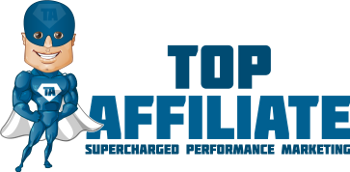3 Ways to Optimize Your Website for the Google Pigeon Update
Pigeon Proof Your Site from Another Google Pigeon Update
The Google Pigeon update was initially released in the summer of 2014. At first, the Pigeon algorithm was only rolled out in the U.S., but it’s now also in the U.K., Canada, and Australia.
You should think of Pigeon and local search the same way you think of Panda and content quality. The Pigeon update affected both Google local search and Google Maps and is forcing businesses to update their local information.
Here are three ways to optimize your website for the Google Pigeon update:
Have consistent information
One of the things the Pigeon algorithm looks for is consistent information. For example, the phone numbers on your website and Facebook page have to match.
Mistakes likes this usually happen by accident, but according to a recent Forbes article, it’s important to go through all your information to make sure it’s consistent:
“Now, more than ever, Google is cracking down on local businesses whose information is inconsistent or difficult to verify, and rewarding local businesses with clear, concise, and easily-available information. Your first and most important tactic should be to peruse the Web for mentions of your business and claim new profiles on local directories.”
Make everything, including your store locator, crawlable
The way Google’s search works is by crawling through content and URLs. To get a good page rank with the Google Pigeon update, Google needs to be able to crawl your entire page.
According to Practical Ecommerce, this includes having a crawlable store locator, which is especially important for local search:
“Google needs to be able to crawl the content in your store locator just as it would any other content. If your store locator relies on customers inputting a city or zip code, search engines will not be able to crawl and index the content completely…. Having a crawlable store locator is the strongest way to ensure indexation and to get link authority passed to your store location pages.”
Improve your brand and strengthen your domain
Large corporations had an easier time adjusting for the Pigeon update than small businesses. The reason for this is that they already had a strong domain, which the Pigeon algorithm takes into account.
A recent Search Engine Land article states that businesses should establish their domain and build authoritative links to optimize their websites for Pigeon:
“If you are a national brand with a strong domain, make sure you have well optimized and mobile-friendly location pages clearly architected that live off of your website. If you are a small to medium-sized business, continue working to establish your domain and build authoritative links toward it — but also look into barnacalizing your local optimization efforts.”
Second Version of Google Pigeon Update?
Google released the first version of the Pigeon algorithm in 2014, but we don’t expect them to stop there. Like Panda and Penguin updates, Google will probably release a new version sometime in 2015.
To talk more about the Google Pigeon update, or anything else, please contact us. Thanks.

